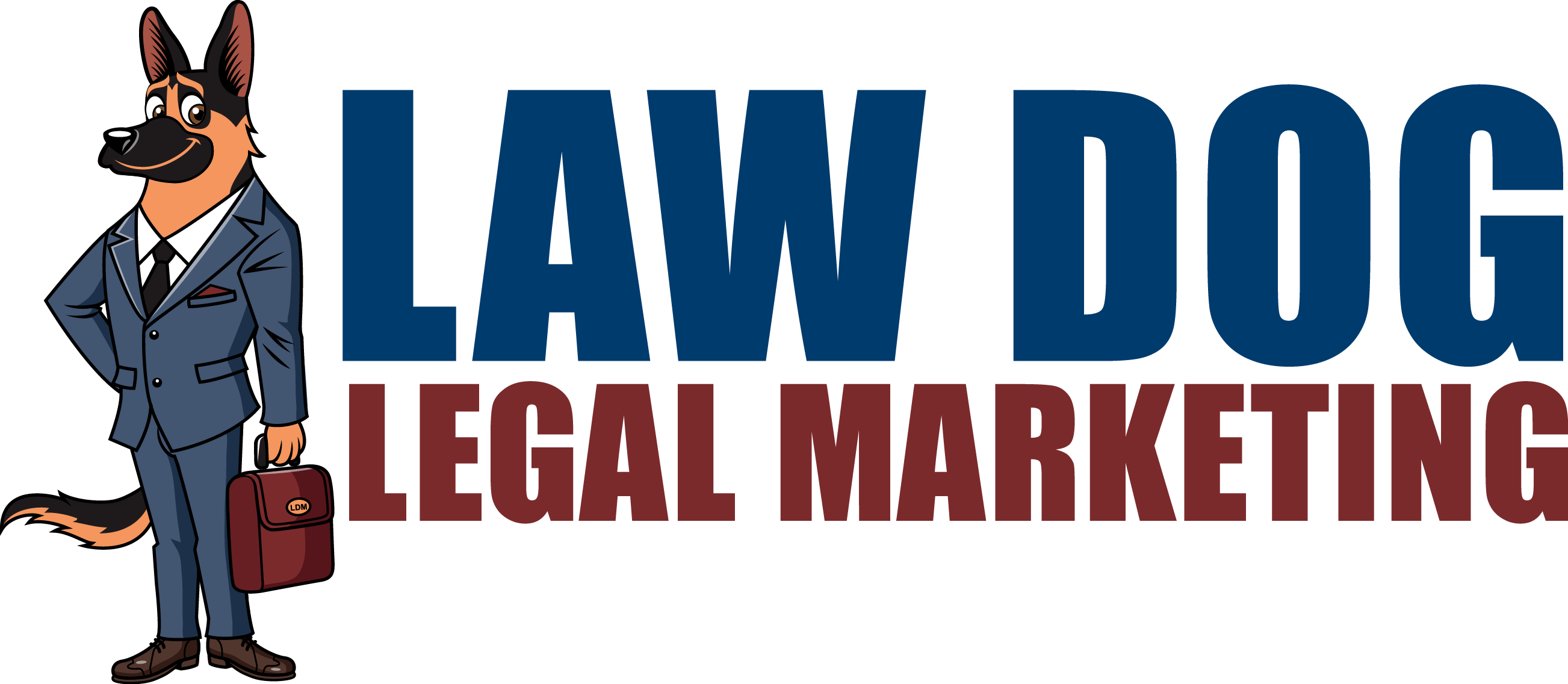Laws on dog bites assign responsibility for these injuries to dog owners based on various theories. Below, we examine the various states’ approaches to strict liability. This theory requires a party to compensate the victim for injuries resulting from the happening of the event itself. Strict liability cases do not require the plaintiff to show negligence, recklessness, or intentional conduct.
The approaches to liability generally follow either a “one-bite” approach, liability regardless of prior behavior or notice, or not allowing recovery based on strict liability. Most jurisdictions adopting strict liability require that the victim have the right or permission to be at the place where the bite occurred.
Alabama
In Alabama, the plaintiff must show lack of provocation and lack of trespassing. Alabama Code Section 3-6-1 applies strict liability only if the dog’s owner also owns or controls the property where the bite occurred.
Alaska
Alaska’s strict liability rule on dog bites does not come via statute. Instead, case law requires that the owner knew or should have known of the dog’s “dangerous propensities.” This involves a question of whether dog acted abnormally or otherwise beyond normal instincts. A dog owner cannot defeat a claim by showing that the dog acted playfully rather than with hostility.
Arizona
Dog bite victims in Arizona need not prove that the dog was vicious or that owner knew or should have known of the dog’s viciousness. Under Arizona Revised Statutes Section 11-1025, strict liability arises where the victim suffered the bite in a public place or at a place of business, home, or other property when the victim was authorized to be so present.
Arkansas
Arkansas imposes liability for dog bites where the owner knew or should have known of the vicious propensities. A plaintiff may show one or more previous bites by the dog, statements from a prior owner, or securing of the animal by a prior owner. No statute expressly imposes civil liability for a dog bite in Arkansas.
California
California Code Section 3342 holds dog owners strictly liable for bites regardless of a dog’s prior history or the owner’s knowledge of it. Lawful presence on private property requires either an express or implied permission of the owner of the property where the bite occurred. For instance, customer in a store can show at least implied permission to be on the premises.
Colorado
Under Colorado Revised Statutes Section 13-21-124, an owner faces strict liability for “serious bodily injury” to the victim arising from a dog bite. Section 18-1-901 treats “serious bodily injuries” as those presenting a “substantial risk” or fractures, second or third degree burns, disfigurement, or impairment of a body organ or part. The plaintiff must have either been on private property by right or permission of the property owner or have been on public property.
Connecticut
In Connecticut, liability for a bite arises unless the victim trespassed or tormented or teased the dog. Connecticut General Statutes Section 22-357 creates a presumption that someone younger than age seven did not trespass or tease or torment the dog.
Delaware
Under 16 Delaware Code Section 3053f, a defendant avoids strict liability if the victim engaged in criminal trespass, criminal activity on the owner’s property, or tormenting, abusing, or teasing.
Florida
According to Florida Statutes Section 767.04, a dog owner is strictly liable without regard to prior dog bites or knowledge unless the owner posts a “bad dog” sign on the premises. In these situations, the plaintiff must prove the owner’s negligence in handling the dog. The prerequisites of lawful presence on private property or being on public property also apply.
Georgia
Georgia Code Section 51-2-7 eschews a strict liability standard for animal-caused injuries. In Georgia, owners face liability for injuries due to negligent management of a vicious or dangerous animal or failing to control such an animal.
Hawaii
Hawaii Code Section 663-9 follows the strict liability approach of not requiring the animal owner to have prior knowledge of dangerous or vicious propensities. The owner can avoid liability through posting warnings of an animal’s presence or proof that the victim was not authorized to be on the premises.
Idaho
Dog owners in Idaho are liable for injuries from attacks or bites by their dogs unless provoked or where the victim trespasses. Idaho Statutes Section 25-2810(5) lists protection of the dog’s offspring, criminal conduct by the victim, willful abuse or tormenting, and performance of functions of service dog as examples of provocation.
Illinois
Owners are liable under Section 5/16 of the Animal Control Act for unprovoked animal attacks. As with other state statutes, the victim must have the legal authority to be present at the site of the attack.
Indiana
Section 15-20-1-3 of the Indiana Code allows certain victims to recover damages caused by an unprovoked dog attack. Covered plaintiffs include those delivering mail or performing duties under Indiana or federal law. Other plaintiffs must rely on the law of negligence.
Iowa
Section 351.28 renders a dog owner liable for attacks or bites unless the dog suffered from hydrophobia. The disease refers to a fear of water and often signals rabies in humans. To overcome this section, the bite victim must show that the owner knew or should have known of the hydrophobia.
Kansas
Kansas law generally requires that a dog bite victim prove the owner’s negligence in handling or controlling the dog. Owners typically avoid strict liability if the dog has not previously bitten or attacked.
Kentucky
https://codes.findlaw.com/ky/title-xxi-agriculture-and-animals/ky-rev-st-sect-258-235.html of the Kentucky Revised Statutes holds an owner liable for damages to person, livestock, or property caused by a dog. This goes beyond dog bites and can include the dog running at large. Under Section 411-182, the victim’s negligence reduces the damage award.
Louisiana
For strict liability to arise, the dog bite victim must prove lack of provocation and that the owner could have prevented the injuries. The latter element involves whether the dog created an unreasonable risk of harm. A plaintiff may show the absence of sufficient enclosures or restraints on the part of the owner.
Maine
Strict liability in Maine applies only when a dog causes the injury and the attack occurs outside of the dog owner’s property. The owner cannot avoid responsibility based on the victim’s negligence unless it exceeds the owner’s carelessness. In all other animal attack cases, Section 3961 of the Maine Revised Statutes calls for the plaintiff to show negligence, and contributory negligence bars recovery.
Maryland
Section 3-1901(c) of the Maryland Statutes creates strict liability when the dog runs at-large. The owner can defeat recovery if the victim trespassed, committed a crime against someone, or teased or tormented the dog. Under subsection (a), the fact of an injury or death from the dog attack creates rebuttable presumption that dog owner knew or should have known of the dangerous propensities.
Massachusetts
In Massachusetts, the rule of strict liability prevails unless the victim was a trespasser, tortfeasor, or was teasing or tormenting the animal. However, Section 155 of the General Laws includes a presumption that a victim under the age of seven years did not trespass, engage in a tort, or tease the animal.
Michigan
Michigan follows the strict liability approach that prior knowledge or history of viciousness is not a prerequisite to recovery. Further, the plaintiff must be on public property or private property with permission of owner. Provoked attacks do not give rise to liability.
Minnesota
Minnesota Statutes Section 347.22 proves fairly straight-forward on strict liability for injuries caused by a dog. As with other strict liability states, the victim must have legal authority to be on the property and not provoke the dog.
Mississippi
With no statute in place, Mississippi follows the “one-bite” rule before holding a dog owner liable for injuries. A plaintiff may rely on other evidence to show that owner knew or should have known of the dog’s dangerous or vicious tendencies.
Missouri
Under Missouri Revised Statute Section 273-036, a dog owner faces liability without regard to prior dog bites or notice of such. Strict liability extends to injuries to a person or the person’s livestock, but not sheep or other “domesticated animals.”
Montana
Montana Code Annotated Section 27-1715 limits strict liability to dog bites within cities, towns, or other municipalities. Outside of these places, dog bite victims must show the owner’s failure to exercise reasonable care.
Nebraska
Nebraska Revised Statute Section 54-601 follows the general strict liability approach to dog bites. An exception arises where the dog was used as a military or police dog under various circumstances.
Nevada
Nevada follows the approach of requiring actual or constructive notice of the propensity. This means the owner generally gets “one-bite.” A plaintiff in Nevada must otherwise requires proof of negligence
New Hampshire
New Hampshire Revised Statutes Section 466-19 applies strict liability in favor of those harmed by a dog’s actions unless the victim committed trespass or other tort.
New Jersey
New Jersey’s “Dog Bite Statute,” Section 4:19-16, renders an owner liable for a dog bite when the victim is present on public property or private property where victim was lawfully present. A defendant may reduce its liability to the proportion of the plaintiff’s negligence.
New Mexico
Court decisions establish the basis of dog bite liability in New Mexico. The plaintiff must show that the owner knew or should have known of the dog’s vicious tendencies at the time of the bite or attack. New Mexico generally follows the “one-bite” rule.
New York
New York imposes strict liability without regard to knowledge of a dog’s dangerous propensities only on the victim’s claims for medical costs. To recover beyond medical expenses, a plaintiff must show that the owner knew that the dog had dangerous propensities.
North Carolina
North Carolina General Statues Section 67-4.4 holds the owner of a “dangerous dog” strictly liable for injuries caused by the dog. Such a dog must have killed or seriously injured someone unprovoked or have been declared so by a municipal or county board. As such, North Carolina adheres generally to a “one-bite” rule.
North Dakota
A plaintiff in North Dakota must prove that the dog or animal owner violated duties of landowners to lawful visitors. This includes warning of the presence of dangerous dogs or taking reasonable efforts to restrain them. North Dakota does not recognize strict liability. Aside from the rules for premises liability, a dog attack victim must base a personal injury claim on negligence.
Ohio
Ohio’s dog bite statute, Revised Code Section 955-28, includes those conducting door-to-door sales within those who can hold the owner strictly liable. As with other strict liability statutes, Ohio excepts from protection victims who commit trespass, misdemeanors (other than minor ones), or felonies. Teasing and tormenting also eliminates strict liability against the owner.
Oklahoma
Section 4-42.1 of the Oklahoma statutes imposes strict liability for dog bites or other injuries caused by a dog. The liability arises when the victim is lawfully on private property or a public place. The victim must not be trespassing and must not provoke the dog.
Oregon
Oregon law applies strict liability to claims for economic damages such as medical expenses and lost wages. To recover pain and suffering and other non-economic losses, a plaintiff must show negligence on the dog owner’s part.
Pennsylvania
Title 3, Section 459-502 of the Pennsylvania Statutes follows the New York approach of confining strict liability to recovery for medical costs. Dog owners face liability for lost wages, pain and suffering, and lost earning capacity only if they acted negligently in causing a dog attack.
Rhode Island
Rhode Island General Laws Section 4-13-16 places liability on owners whose dogs bite or attack those outside of the dog owner’s enclosure or on a highway. A second attack or bite by the dog subjects the owner to double damages to the injured person. The court in cases of a second bite must in such cases order destruction of the dog.
South Carolina
Section 47-3-110 of the South Carolina Code makes owners strictly liable for damages from unprovoked dog attacks. As with other statutes, the victim must lawfully be on the premises where the attack occurred or in a public place.
South Dakota
South Dakota rejects strict liability for dog bite injuries to people. According to South Dakota case law, dogs do not qualify as products. Therefore, the rule of strict liability for dangerous products does not apply to dog attack cases. A plaintiff in South Dakota must prove the dog owner’s negligence.
Tennessee
Tennessee Code Section 44-8-413 requires dog owners to keep dogs under control and from “running at large.” If the bite occurs outside the dog owner’s property, a plaintiff need not prove the propensity of the dog to bite or the owner’s knowledge. The contrary rule prevails if the bite occurred on the dog owner’s premises.
Texas
Courts in Texas hold dog owners strictly liable for bites beyond the first one or where the dog owner failed to exercise reasonable care. Strict liability can also apply if the owner otherwise had notice of the dog’s tendencies to attack or otherwise present a danger.
Utah
Section 18-1-1 of Utah’s statutes imposes liability on the owner without regard to the dog’s “mischievous” or vicious nature or the owner’s awareness of it. However, a dog owner in Utah escapes responsibility altogether if the attack occurred on the dog owner’s property and the owner kept the dog in an enclosure. Utah statutes expressly allow arbitration of dog bite injury claims.
Vermont
Vermont courts reject any absolute or strict liability against a dog owner for bites. Plaintiffs in Vermont must prove that the owner could have reasonably foreseen the dog’s dangerous propensities.
Virginia
Virginia Code Section 3.2-6540 generally requires a plaintiff to establish that the dog has previously attack or bitten. Other evidence of knowledge or notice of the dog’s dangerous nature can establish strict liability. A plaintiff relying on negligence need not provide propensity or an owner’s knowledge of it.
Washington
Washington State’s RCW Section 16.08.040 makes dog owners strictly liable for dog bites regardless of prior history or knowledge of the history of the dog. The victim must have the legal authority to be present where the dog bite occurred or be at a public place.
West Virginia
West Virginia Code Section 19-20-13 creates liability for injuries when the owner allows the dog to run “at large.” This imposes a duty upon the owner to keep the dog confined or restrained.
Wisconsin
Wisconsin Statutes Section 174.02 is similar to Rhode Island’s scheme of dog bite liability. Specifically, a plaintiff injured by a dog who has previously bitten someone can recover two times their damages.
Wyoming
Strict liability under Wyoming law applies only if the owner knows or should have known of the dangerous propensities.


